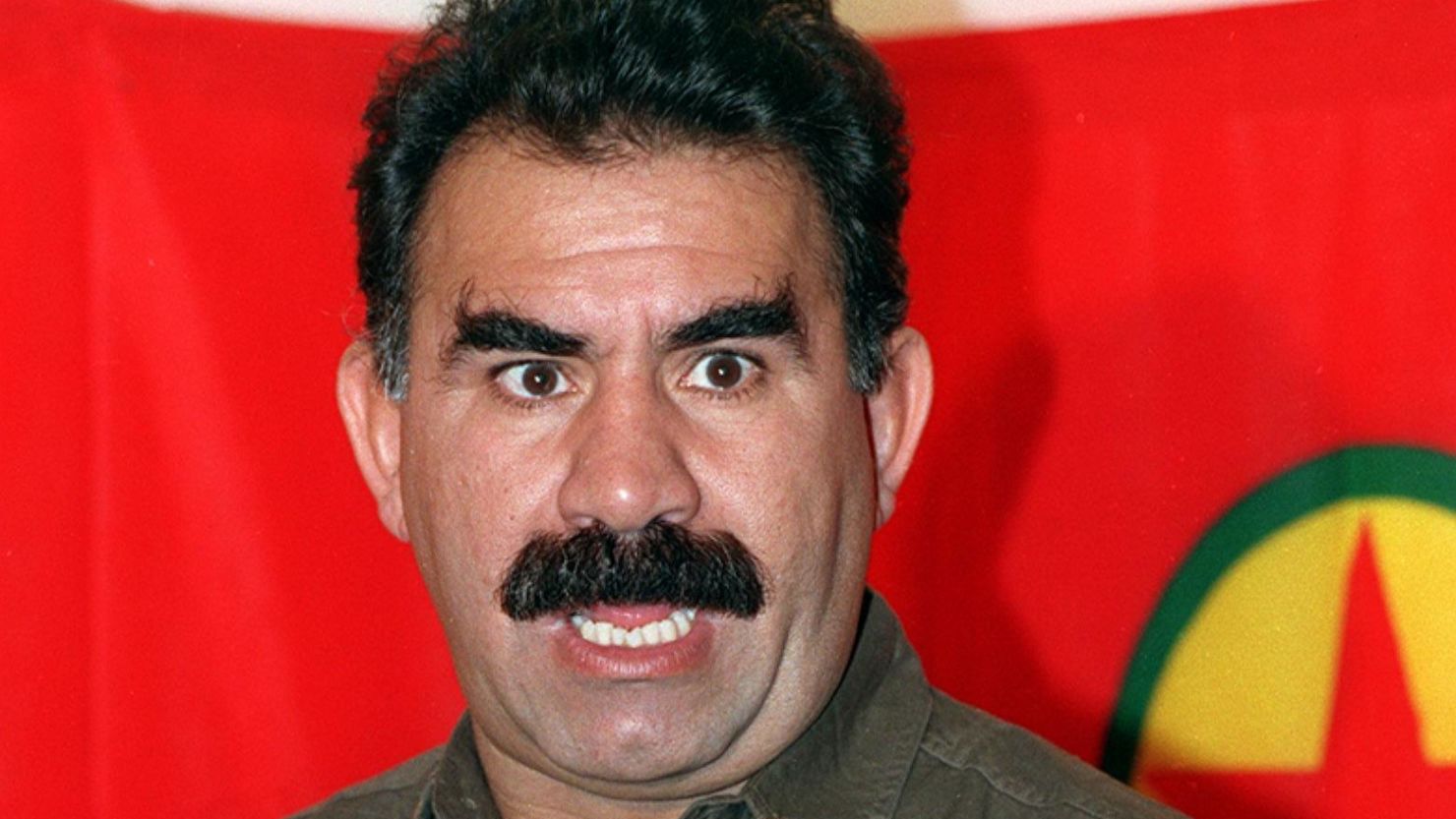TKP-ML Statement On The ‘Call For Peace And Democratic Society’ Announced By PKK Leader A.Öcalan

The Kurdish National Question: A Century's Call - Navigating the Crossroads of Solution and Dissolution
A Shifting Geopolitical Landscape and Turkey's Internal Front
The Middle East finds itself amidst a period of dramatic transformation. The aftermath of the "Al-Aqsa Flood Operation" has witnessed escalating conflicts, a reshuffling of international alliances, and the ever-present specter of a potential Third Imperialist War. This volatile environment has profound implications for Turkey, a nation historically entwined with global power dynamics.
Turkey's position as a "regional gendarme" for imperialist powers necessitates a recalibration of its policies, particularly regarding the Kurdish national question. The rise of the Autonomous Administration of North and East Syria, spearheaded by the Kurdish national movement, presents a significant challenge to Turkey's regional ambitions. This has prompted a renewed engagement with Abdullah Öcalan, the imprisoned leader of the Kurdistan Workers' Party (PKK).
A History of Negotiations and Öcalan's Latest Call
The Turkish state and the Kurdish national movement have a long and complex history of negotiations. From the ceasefires of the 1990s to the "solution process" of the 2010s, attempts at resolution have been fraught with challenges and ultimately unsuccessful. The latest chapter in this saga involves a year-long, undisclosed negotiation process culminating in Öcalan's “Peace and Democratic Society” call, which advocates for the dissolution of the PKK and the abandonment of arms.
This call has sparked intense debate, with interpretations ranging from a strategic maneuver to outright surrender. While Öcalan's ideological shift away from revolutionary socialism has been evident for some time, this latest declaration marks a significant turning point.
The Call and the Kurdish National Struggle
Is Öcalan's call a surrender? While it signifies a political break, it is crucial to remember that the Kurdish national struggle predates the PKK and will likely continue to evolve regardless of the organization's fate. The Kurdish people have a long history of resistance against oppression and denial, and their struggle cannot be easily dismissed or reduced to a single act of surrender.
The Kurdish national question has consistently transcended Öcalan's paradigms, and even in its current form, the movement holds a significant place in both regional and global politics. Therefore, analyzing the situation solely through the lens of surrender overlooks the complex realities of this ongoing struggle.
The Right to Freely Secede and the Future of Armed Struggle
The renunciation of the right to freely secede, a fundamental right of any oppressed nation, presents a significant problem. The emphasis on a "shared destiny" between Turks and Kurds also obscures the historical injustices faced by the Kurdish nation. Genuine fraternity can only be achieved through the recognition of full national equality.
Furthermore, the narrative of "laying down arms and opening the political channel" carries inherent risks. The question of whether conditions exist for democratic political struggle remains paramount. Under the current fascist regime in Turkey, even the most basic democratic demands are met with repression. The armed struggle emerged out of necessity in the face of denial and annihilation, and the current circumstances do not necessarily warrant its abandonment.
The claim that the “era of armed struggle is over” rings hollow amidst ongoing global conflicts and a renewed arms race.
Is a “Democratic Society” Possible Under Fascism?
Öcalan’s vision of a "democratic society" and "democratic reconciliation" seems idealistic within the context of Turkish fascism. True people's democracy can only thrive under a people's state. Expecting such an outcome from the Turkish state, particularly under the current circumstances, is an illusion.
Moreover, Öcalan's assertion that denial of identity and restrictions on freedom of expression have been resolved in Turkey is demonstrably false. The Kurdish national question remains unresolved, and the struggle for national-collective rights must continue.
Targeting Turkish Fascism: The Path Forward
The Turkish state's sudden embrace of Öcalan as a peace advocate should be viewed with skepticism. While the state may attempt to frame this process as the "elimination of terrorism," the underlying issues of democratization and the Kurdish national question persist.
The "sharp edge of the arrow" should be directed at Turkish fascism, the root cause of the Kurdish national question. It is crucial to support the Kurdish national movement's demands for democratic reforms and legal changes, while simultaneously recognizing the limitations of working within a fascist system.
The future of the Kurdish national question remains uncertain. However, active intervention and unwavering adherence to principles, while maintaining tactical flexibility, will be crucial in navigating the path ahead. The revolutionary democratic opposition must remain engaged and vigilant.
TKP-ML
March 9, 2025
Source : https://www.icor.info/en/2025/kurdish-national-questionthe-call-of-the-century-solution-or-dissolution
Source : http://bannedthought.net/Turkey/TKP-ML-OK/2025/TKP-ML-KurdishNationalQuestion-Eng.pdf